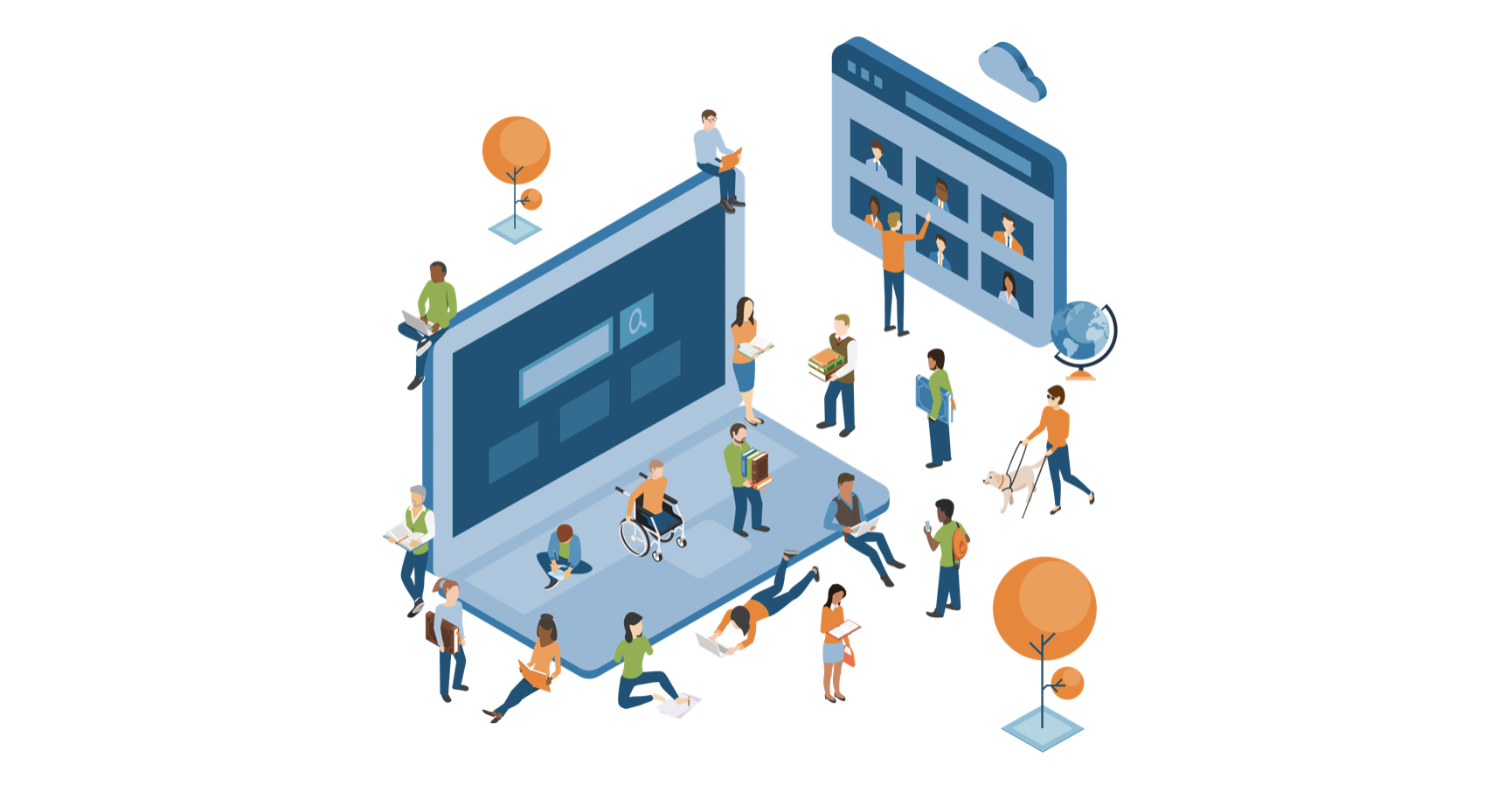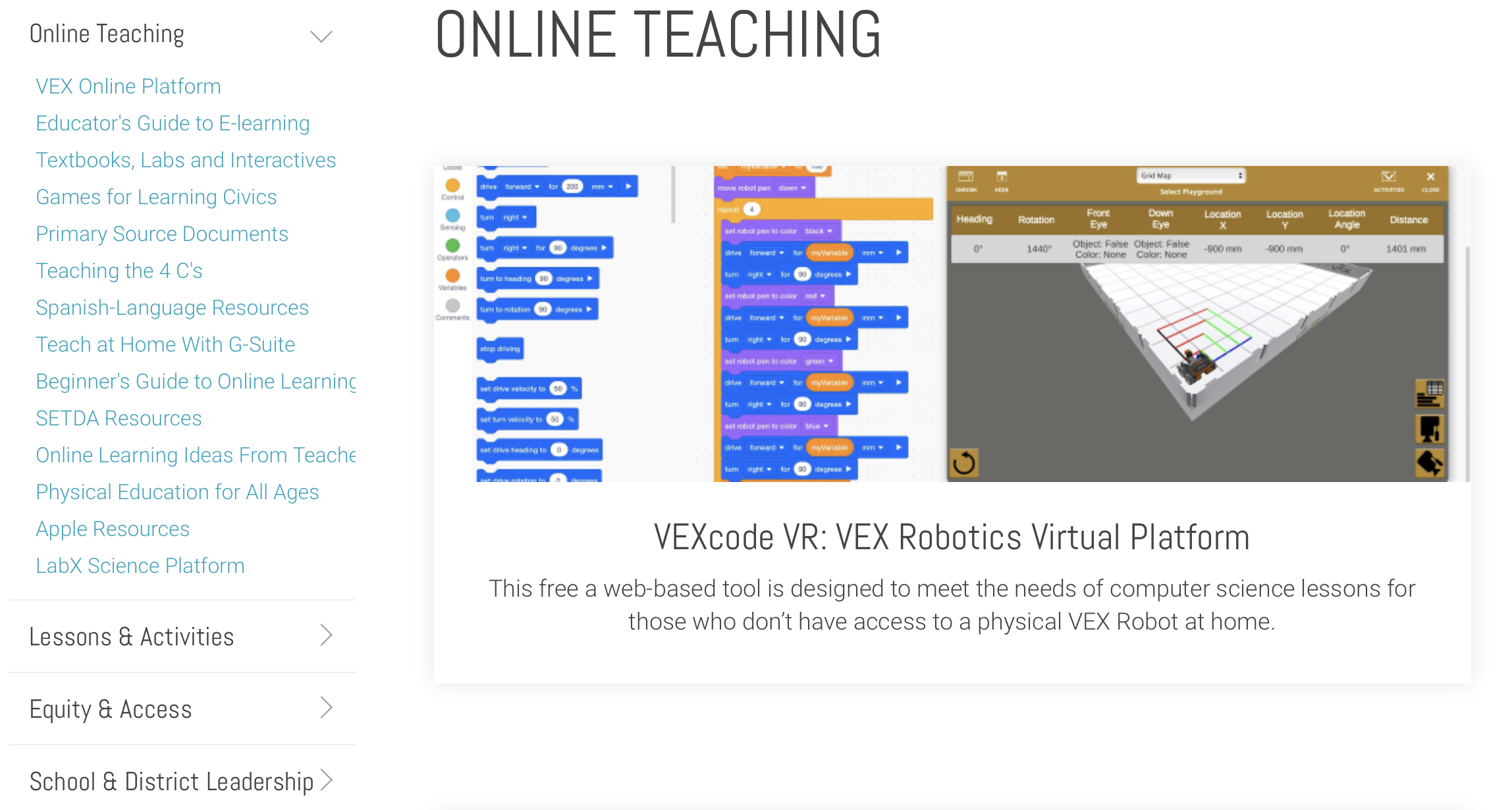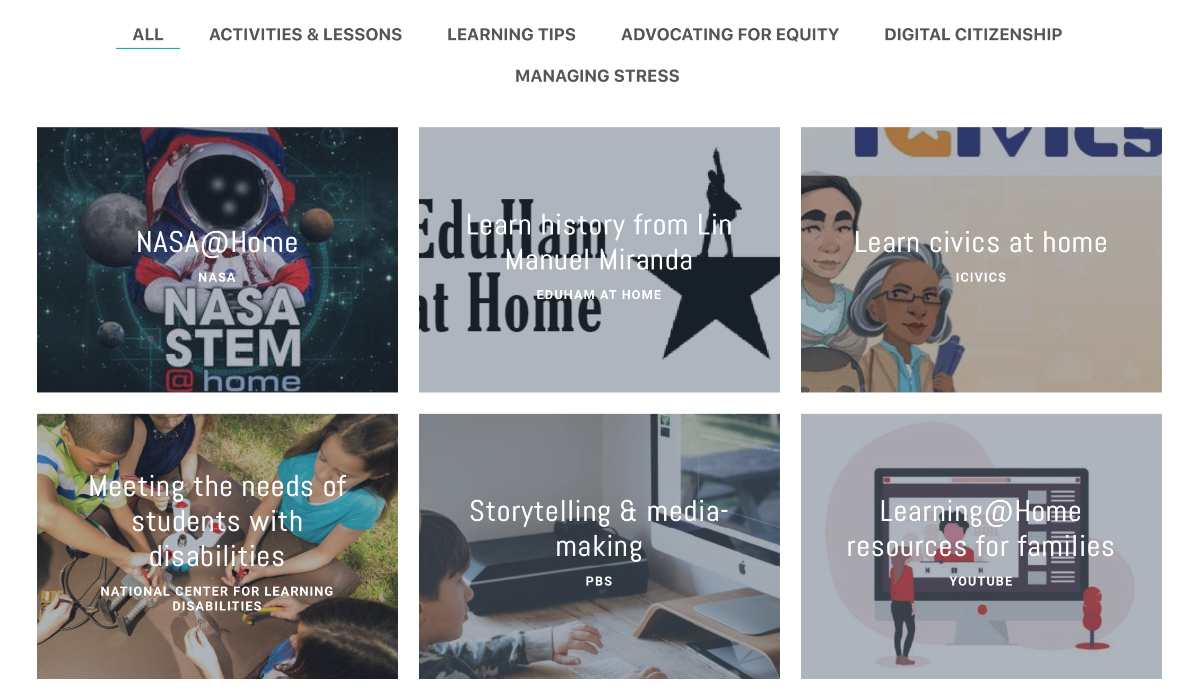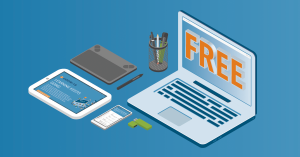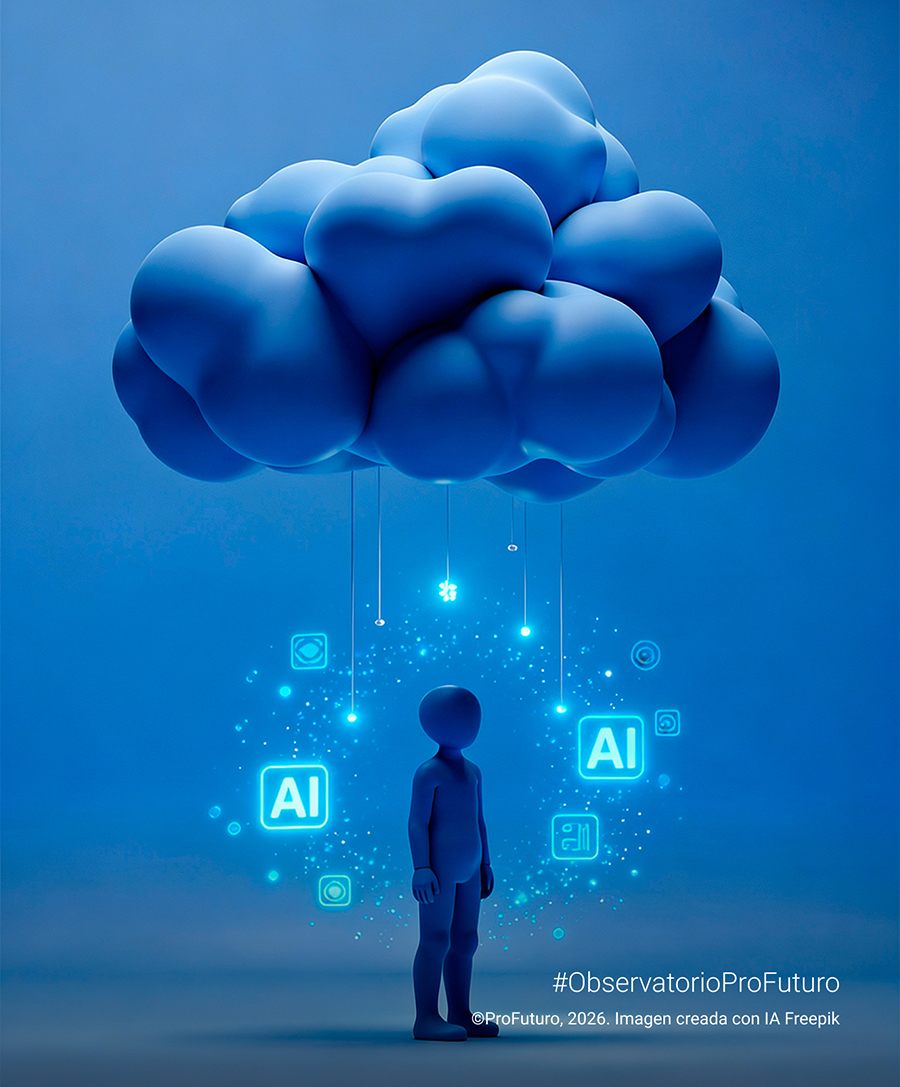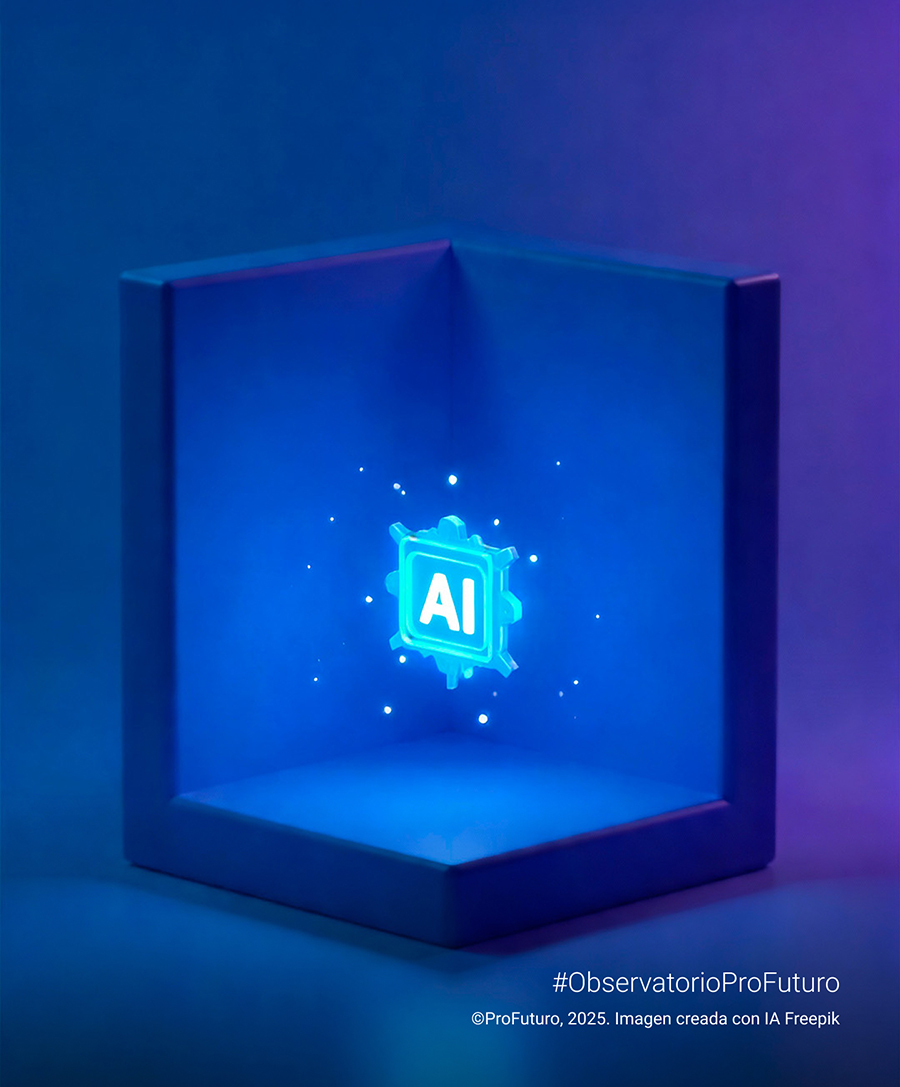After several weeks of lockdown in countries around the world, teachers, students and families are still trying to carry out the learning processes in distance mode. It is clear that one of the main challenges posed by the pandemic has been in the field of education. The Covid-19 education coalition is a community of non-profit organizations convened during the crisis by ISTE and EdSurge to support the education field as learning moves online.
To support parents and teachers while schools remained closed, the International Society for Technology in Education (ISTE) and EdSurge (a news and information platform on educational technology and the future of learning) selected tools, strategies, advice, best practices, free resources and an educator support plan for experts to answer questions raised during the online teaching and learning processes.
All these resources and materials were compiled and shared through an initiative called Learning Keeps Going. This platform was created by a community of non-profit organisations convened by ISTE and EdSurge, designed to help and advice both teachers and families in the learning process during the pandemic. The website provides seminars, articles, learning resources, podcasts and a collection of Ed-Tech tools, and includes a support service to help teachers.
The project has seven focus areas: promoting fairness, Internet access, international engagement, customised learning, social and emotional learning, security, privacy and digital citizenship, and higher education.
The Learning Keeps Going platform is structured into five blocks:
- Free tech for learning. This section contains educational resources from pre-school to secondary school, as well as learning materials for adults. The content is classified by grade, and there are more than 10,000 links to websites with free access to educational resources and activities. Access to these sources can be filtered by subject, language, etc.
- Teachers and leaders. This block to assist teachers contains 11 different areas:
- Online teaching. Multiple tools and guides are made available to teachers as support resources. These include:
- VEX CODE VR. The VEX robotics platform is a free tool designed to provide computer lessons for those who do not have access to a physical VEX robot at home.
- Intel’s Educator Guide to e-Learning. This allows teachers to explore strategies and approaches to adapt their classrooms for learning in digital environments.
- Annenberg Resources for K-12 Teachers. This provides teachers with educational resources classified by grade level and subject, including video resources with user guides, downloadable textbooks, laboratories and interactive activities.
- Remote learning toolkit for educators. This consists of free civics games that provide enrichment activities and lessons to continue learning at home.
- Smithsonian Distance Learning. Access to millions of digital resources from across the Smithsonian’s museums, research centres, libraries, archives and more.
- LabXchange science platform from Angen Foundation. Access to personalised instruction, virtual lab experiences and networking opportunities across the global scientific community.
- Teaching the 4 Cs remotely. This is a guide to online resources that support critical thinking.
- Spanish language resources for remote learning. These are a compilation of educational resources shared by members of the ISTE Latino learning community.
- Teach from home with G-Suite. A central hub of tips, training and tools from Google for Education to help teachers keep teaching.
- Teacher’s guide to online learning. Guide for educators with little digital competence and who are not familiar with online learning, from Michigan Virtual.
- Professional learning for online teaching. Free and open resources for the development of teachers and leaders compiled by SETDA.
- Apple Education Learning Series. Videos, apps, books and curricula that help families and teachers create engaging learning experiences at home.Teachers helping teachers. Members of the Learning Future Network offer resources to support other teachers in the distance teaching and learning process.
- Lessons and activities. This section contains materials for teachers to work on course content with their students.
- Code Break. Remote interactive classroom that includes weekly challenges to engage students and hone their computer thinking skills.
- NASA video lessons Free video segments from NASA to inform and engage students in the development of STEM competences.
- STEAM resources for online learning. Recommendations from the Institute of Arts, Integration and STEAM. The aim is to promote and develop STEAM competences, with the emphasis on the arts.
- Home learning prompts. Ideas from the New York Times aimed at supporting students’ learning continuity, with the focus on nurturing and developing critical thinking.
- Learning at home with National Geographic. Activities for learning about nature, science and geography. These experiences are curated and created by teachers.
- Equity and access. One of the gaps accentuated by distance learning has been that resulting from technological inequality. The following section includes some of the initiatives and solutions devised to promote equitable Internet access.
- Equity for school system leaders. A guide aimed to support principals and school leaders in leading an equity-focused response to remote learning.
- Equity for complex learners. To meet the needs of students with disabilities through resource sharing and community building.
- Serving students with disabilities. Answers to questions about equity from the National Centre for Learning Disabilities.
- Getting Internet access to all students. EdSurge article with links to programmes offering free Internet access to families who have none.
- FAQ:COVID-19. Legal FAQs on Covid-19, school closings and special education.
- A human-centred approach to online learning. A range of PK-12 online learning resources and tips with equity in mind, from New America.
- 6 UDL practices for online learning. Tips on how to include all students when learning is happening online.
- School leadership. This covers customised coaching for leaders, the educational challenges posed by Covid-19, free remote learning surveys, protecting learning processes, state actions to address the needs of the education community, questions to school leaders about the current situation, as well as other frequently asked questions about online learning.
- Digital Citizenship. Engagement with digital citizenship, including multimedia resources and other materials to teach students of all ages how to learn at a distance.
- Socio-emotional learning. This section presents information on how stress affects whole child development. And it provides resources to alleviate these difficulties.
- Educational plans and policies. Quality education for all during Covid-19. We present a report by HundrED and the Organisation for Economic Co-operation and Development that addresses children’s education during the pandemic. Numerous planning documents for online learning prepared by the Wisconsin Department of Public Instruction have also been collected. This section also outlines the digital learning models of the US Office of Educational Technology.
- Security and privacy. This section contains frequently-asked questions about student confidentiality. Best practices for complying with privacy and student data protection regulations when they log on to receive online classes.
- Stories from the field. An educator in Beijing shares her story about distance learning during the Covid-19 outbreak and school closures in China. An overview is also presented of the learning strategies implemented in China during lockdown.
- Professional development (PD) for teachers. Teachers who are switching to remote learning face multiple challenges. During this period, teachers have chosen to involve students and continue teaching the course content, making use of tools such as Google Classroom and Zoom.
- The use of online tools. A teacher’s guide to using learning tools created by students at Queen’s College, City University of New York (CUNY).
- Family. Multiple resources available to work with children from home. A selection of materials and activities has been made based on the following categories:
- Lessons and activities These include NASA content, physical activity regimens to be carried out at home with the family, learning resources for parents and children to work together, video series, storytelling, etc.
- Learning tips. It is recommended to maintain school routines for younger children, prepare for learning at home, offer a learning guide to parents to assist them with the remote learning process, and share origami challenges for children.
- Advocating for equity. This section addresses the needs of students with disabilities and provides examples of real-life situations with which possible solutions can be associated.
- Digital citizenship. This section presents a guide to security and online citizenship, plus content about digital citizenship and welfare.
- Managing stress. Lockdown, teleworking, childcare and the management of their learning has created a number of stressful situations for families. This section provides recommendations to help cope with those moments.
- Higher Education. The platform has also provided coverage to higher education by incorporating it into its respective areas:
- Online teaching. Article explaining the difference between the remote teaching process and online learning.
- Support for students. This includes a study of the students at the Royal College in the United States during Covid-19.
- Learning resources. This includes corporate resources for managing during Covid-19.
- Research opportunities. This includes the Stevens Initiative’s response to the coronavirus pandemic.
- Privacy. Access to a repository on privacy and data protection during the Covid-19 crisis.
- Business continuity. Information about business continuity and the recovery process.
- Communication. Access to the National Emergency Library.
- Seminars and podcasts. The abrupt transition to remote learning has posed great challenges. The Learning Keeps Going platform, aimed at training teachers and students, offers access to live seminars and conferences given by experts in the field. There are four topics currently available on its website:
- Conference on virtual social studies;
- Understanding the impact of the coronavirus on K-12 education;
- How universities should respond to the coronavirus;
- Connecting the principles of learning with the skills of the 21st century.
In short, Learning Keeps Going is a platform developed by ISTE and EdSurge, which functions as a repository of a myriad of resources aimed at helping teachers, students and families to work during lockdown on all subjects and significant areas in the process of distance teaching and learning. For over 40 years, ISTE has been helping educators around the world to harness technology for learning. At the end of 2019, ISTE acquired EdSurge (founded in 2011), one of the leading news and information resources on educational technology and learning development. This takeover boosted the entity’s growth, allowing it to tackle initiatives of the scale of the coalition described in this contribution.
For more information, see the website:
Are you involved in any initiative that aims to ensure learning continuity during the global Covid-19 crisis? Share your initiative HERE!



